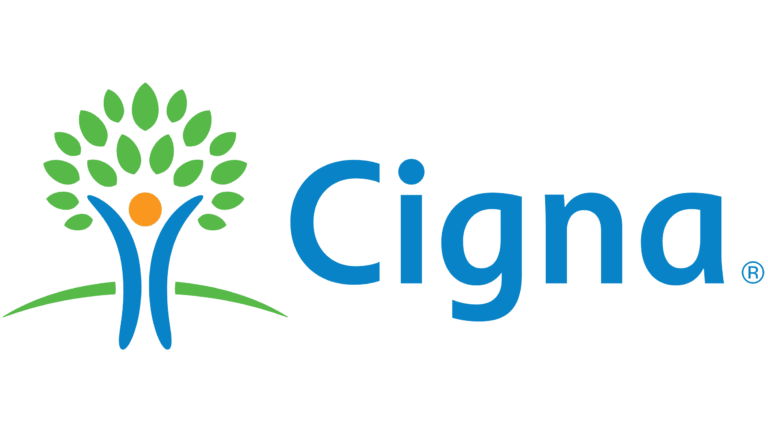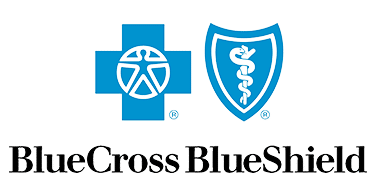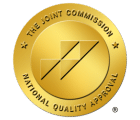Depression is more than just occasional sadness—it’s a serious medical condition that affects how a person thinks, feels, and functions daily. Symptoms can include uninterrupted low mood, loss of interest in activities, sleep disturbances, and even thoughts of self-harm. For individuals whose depression significantly impairs daily life, inpatient rehabs for depression—also known as residential treatment centers—offer an intensive, structured, and supportive environment to facilitate deep healing. These facilities are designed to treat depression with the same level of care intensity as inpatient settings for medical illnesses.
Understanding Inpatient Rehabs for Depression
Inpatient rehabs for depression provide round-the-clock care, offering a level of support that typical outpatient therapy can’t match. For those whose symptoms are severe—especially people struggling with suicidal ideation, psychosis, or co-occurring addictions—these programs offer a secure and supervised setting away from daily triggers. At Palm Beach Healing Centers, we offer individualized inpatient programs for clients whose depression has escalated to a point where higher-level care is necessary. This model ensures that medical professionals, therapists, and supportive staff are available at all times to intervene when needed and to deliver immediate care.
Evidence-Based Therapies and Multidisciplinary Care
Residential depression programs combine multiple evidence-based therapies into daily treatment. These include Cognitive Behavioral Therapy (CBT), which helps clients recognize and replace negative thought patterns with more balanced perspectives. Dialectical Behavior Therapy (DBT) supports emotional regulation and coping strategies, especially in clients managing intense emotions or self-harm tendencies. Other vital components include group therapy, experiential therapies (such as art or mindfulness), and medication management, ensuring clients receive accurate dosing and monitoring.
Co-occurring conditions—like anxiety disorders, PTSD, or substance addiction—are treated concurrently in a dual-diagnosis framework. Research shows this approach improves outcomes, reduces relapse, and addresses all contributing factors of depression. One study found that co-occurring behavioral health conditions are present in about 60% of people with major depression, emphasizing the need for integrated treatment models.
Structure and Daily Life in Inpatient Rehabs for Depression
Inpatient treatment offers much-needed structure. A typical day might include multiple therapy sessions, physical wellness activities, educational groups, and regular check-ins with medical staff. Clients also learn essential life skills, coping strategies, and stress-management techniques to support their long-term mental health. This routine helps establish consistency, which can be profoundly healing for individuals whose lives have been disrupted by depression.
Sessions like family therapy and peer support build relational and interpersonal strength—components often overlooked in outpatient therapy settings. Because clients live on-site, they can immediately practice healthy communication, test new coping mechanisms, and receive feedback in real-time. This “living lab” format accelerates insight and skill development.
Aftercare and Long-Term Recovery Support
One of the strongest predictors of sustained recovery is a solid aftercare plan. Inpatient rehabs ensure clients graduate into the next level of care, which may include outpatient counseling, intensive outpatient programs (IOP), or supportive community groups. Palm Beach Healing Centers works closely with clients throughout the program to develop a customized transition and relapse-prevention plan, which includes follow-up medication management, therapeutic check-ins, and referrals to local resources in South Florida.
Who Should Consider Inpatient Rehabs for Depression?
Inpatient care is generally recommended for individuals with:
- Severe or treatment-resistant depression
- Suicidal ideation or attempts
- Depression paired with substance abuse or other psychiatric conditions
- Difficulty functioning in work, relationships, or daily tasks
- Lack of support or exposure to ongoing stressors at home
If you’re struggling despite weekly therapy, you’re isolated, or feel unsafe in your current environment—an inpatient program may be the best next step. These programs offer stability, supervision, and intensive treatment in a setting that removes harmful influences while sharpening recovery skills.
One Small Step, One Big Difference
Transitioning to inpatient care may feel like a big step—but for many, it becomes the turning point toward sustainable healing. Clients often report significant improvements in mood, energy, and clarity by the time they leave the program.
Palm Beach Healing Centers offers compassionate, expert-led residential treatment for depression and dual-diagnosis care in South Florida. Our tranquil, supportive environment allows for focused healing without distractions or external pressures. You can expect personalized, evidence-based care with a team dedicated to helping you rediscover hope and purpose.
Take the First Step Toward Healing
Depression doesn’t have to define your life. If you’re living with deep, persistent symptoms—or if you’ve tried outpatient treatment and still feel stuck—it may be time to explore inpatient rehab. The most effective programs provide safety, community, and therapeutic guidance in an immersive setting that traditional options can’t offer.
Contact Palm Beach Healing Centers today to learn more about our residential depression treatment and discover how we can support your journey to lasting recovery in South Florida.









